Hi,
I have a question regarding local, material-level convergence tolerances in FE software, particularly Abaqus and Plaxis. I have experience using Abaqus but not much familiar with Plaxis.
As shown in the attached image, Abaqus does not allow even a single integration point to exceed its material-level convergence tolerance. So, if you have a million integration points, and the global equilibrium is established, but you have only a single integration point with an unconverged local/material state, the increment is considered failed by Abaqus and the increment is cut back. More importantly, my understanding is that this criteria cannot be relaxed by the user since the *Controls command in Abaqus only relaxes the global convergence tolerances.
In stark contrast, as shown in the image, PLAXIS manual appears to be suggesting the almost 10% of the integration points could have ‘inaccurate’ material-level calculations as long as the global equilibrium is established! Compared to Abaqus, this would make the analysis much more easier to converge and complete.
I would appreciate it if anyone has encountered this issue, and whether there are any approaches for relaxing the local convergence tolerances in Abaqus. Any other suggestion to overcome this issue is also highly appreciated.
Many thanks in advance.
Best regards,
Sina

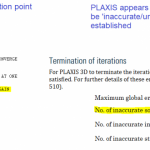

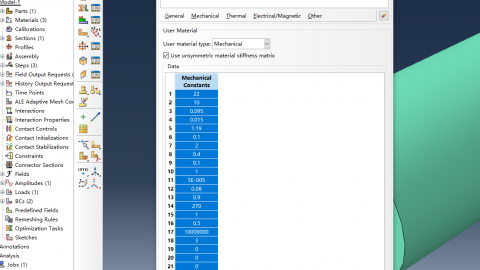
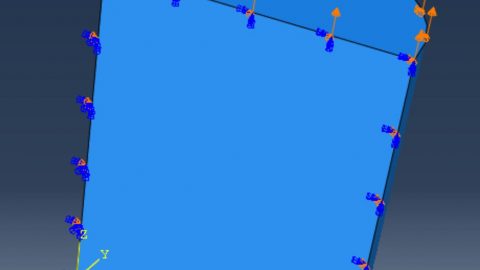
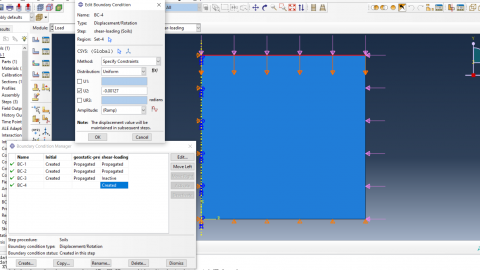
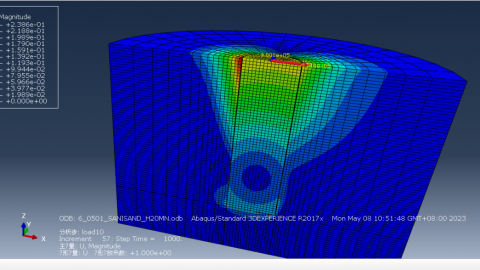

Hello Azad..
I don’t know if it is late to respond 🙁 , but anyway: yes it seems like convergence in Abaqus solver is more restricted than PLAXIS3D. Abaqus tends to accomplish the system equilibrium for displacement, moments, and forces, this makes convergence very hard at all integration points of the element. on the other hand, I guess that force convergence in PLAXIS is sufficient to accomplish the system equilibrium, but it also has more restriction about interface plastic point, and plastic stress point.
I am working on the response of an offshore wind turbine to seismic loads, I compare the same model using same soil hypo-plasticity model, between ABAQUS and PLAXIS, their are very small differences, but in general they are compatible.